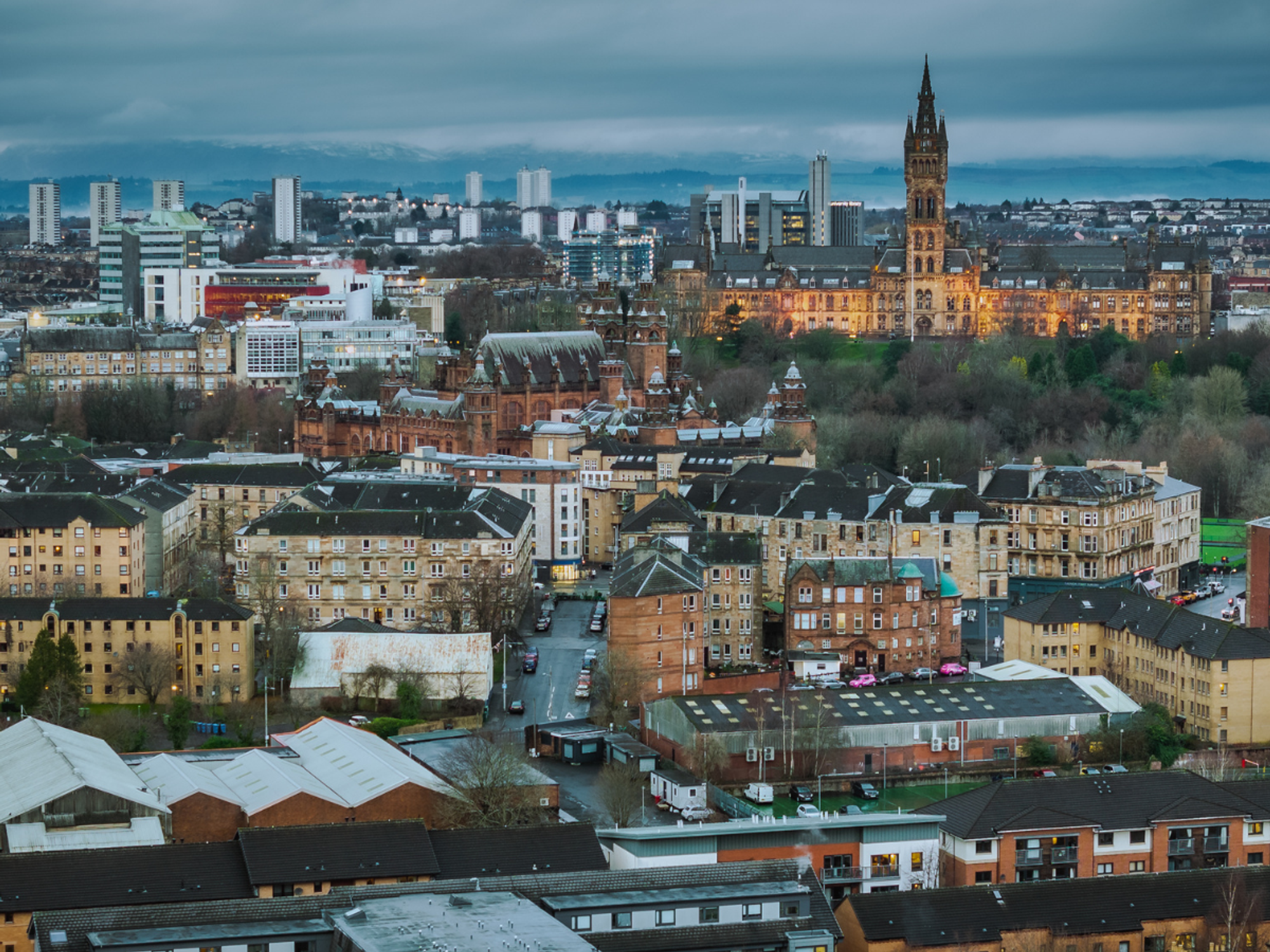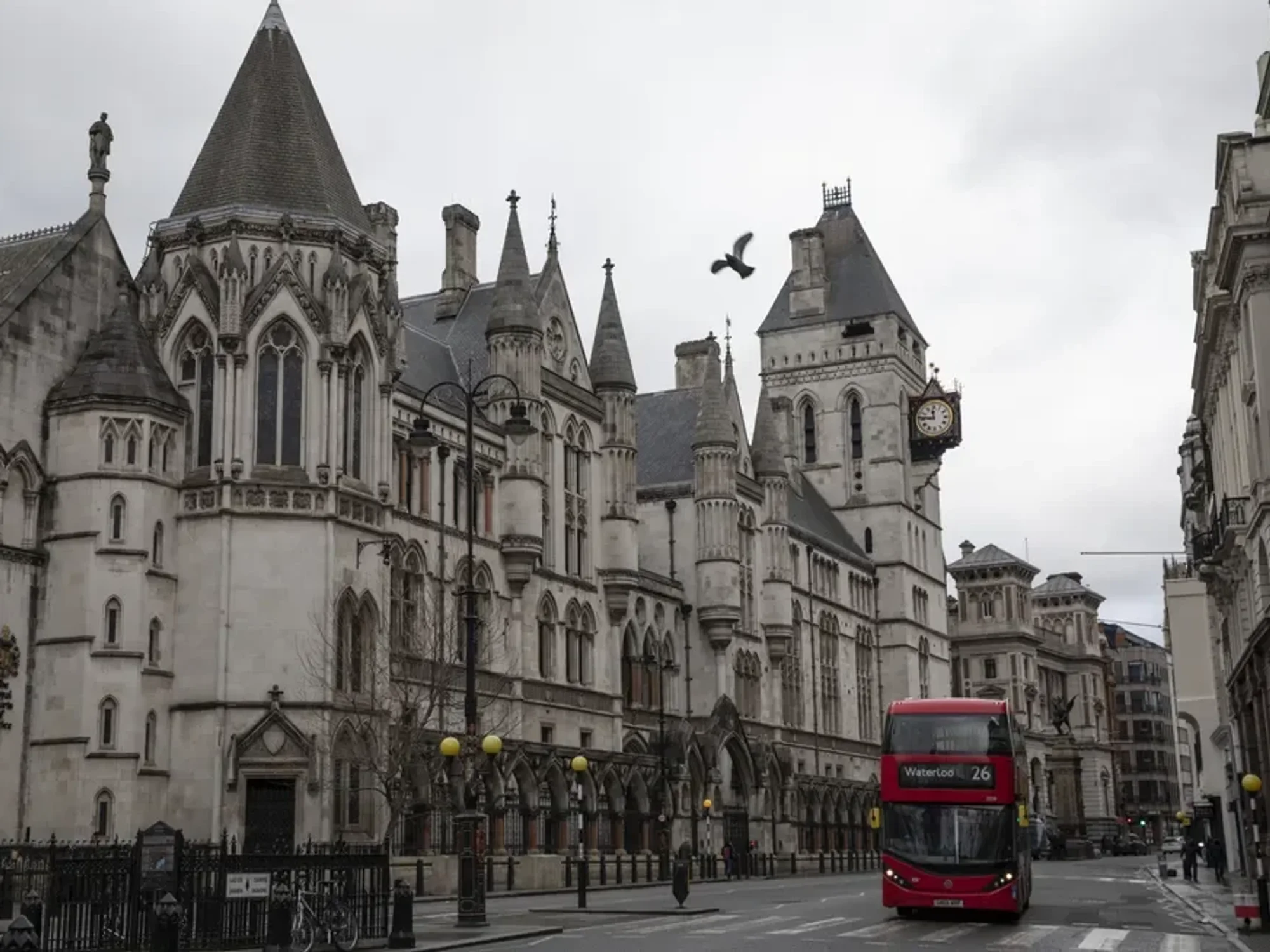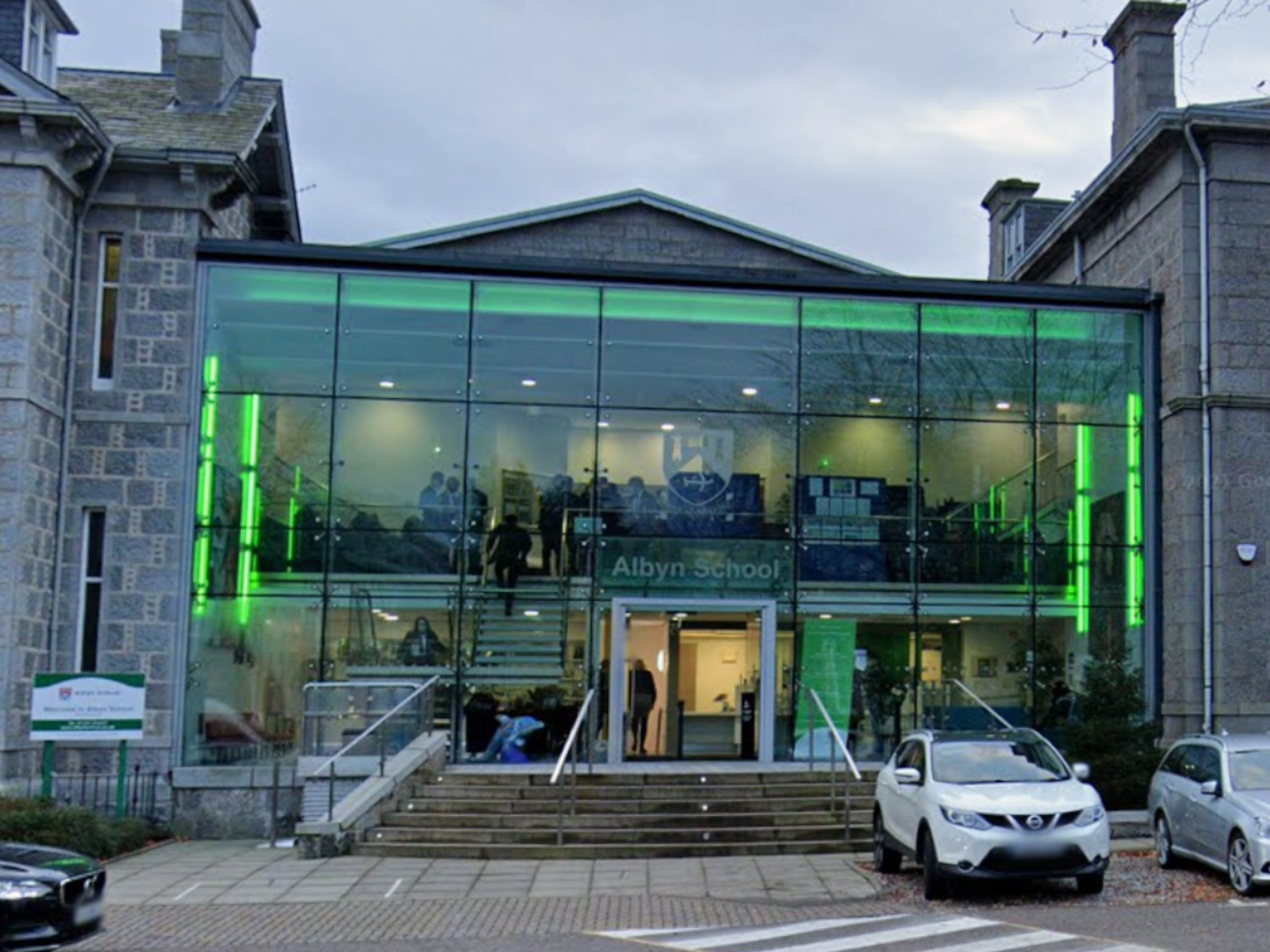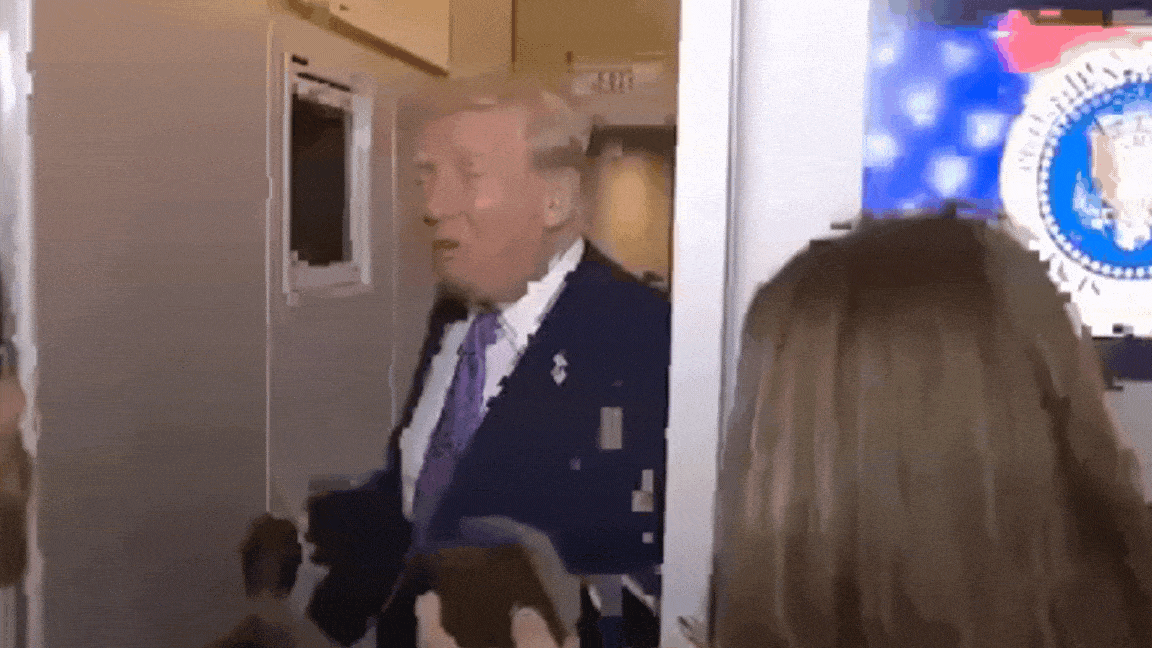Mortgage rates: The exact extra cost typical Britons will pay following Bank of England interest rate rise

Interest rates have been increased to 4.5 per cent as Britons continue to struggle with the rate of inflation
Don't Miss
Most Read
The Bank of England yesterday announced it had hiked its base interest rate as inflation continues to hit penny-pinching Britons.
The Bank increased interest rates from 4.25 per cent to 4.5 per cent in its 12th rise in just over a year.
The rate is now at its highest level since the 2008 financial crash.
The BoE’s change will impact Britons because it impacts how other financial houses can borrow money from the UK’s central bank.
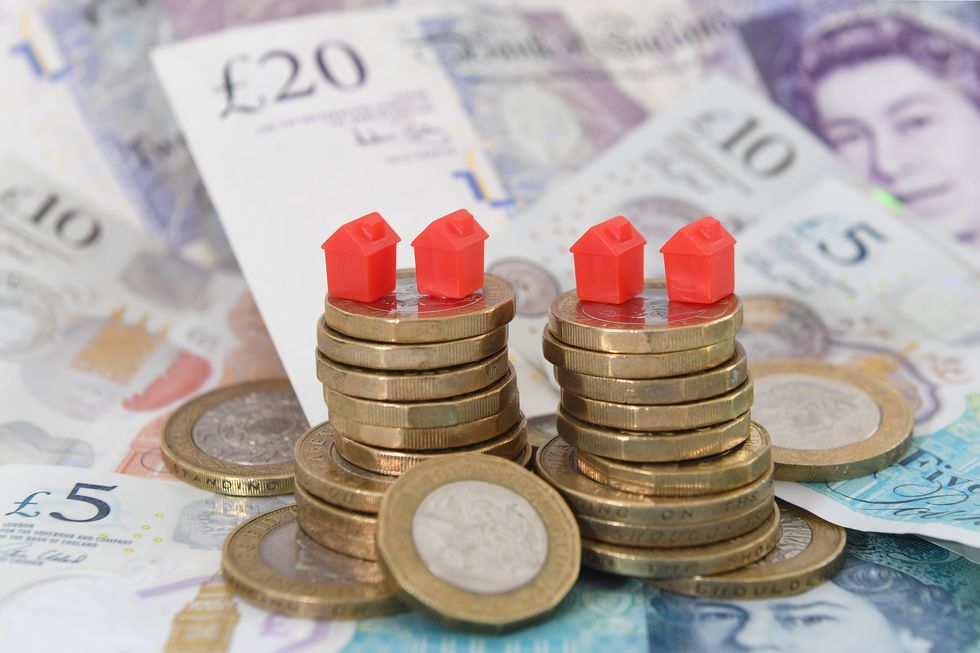
The Bank increased interest rates from 4.25 per cent to 4.5 per cent in its 12th rise in just over a year
|PA
This leads to a knock-on effect for what borrowers pay and savers earn.
Kate Anderson, deputy editor at the personal finance comparison site, finder.com, said: “This rate increase was widely predicted, so some lenders had already increased their fixed mortgage rates in the lead up to it.
“The biggest difference will be that anyone on a variable or tracker mortgage rate will see an immediate increase to their monthly repayments.”
She added: “A rise of one per cent can have a big impact on consumers. Somebody on a standard variable rate mortgage for a typical house in the UK could expect to pay almost £200 more per month if their interest rates rose by one per cent.
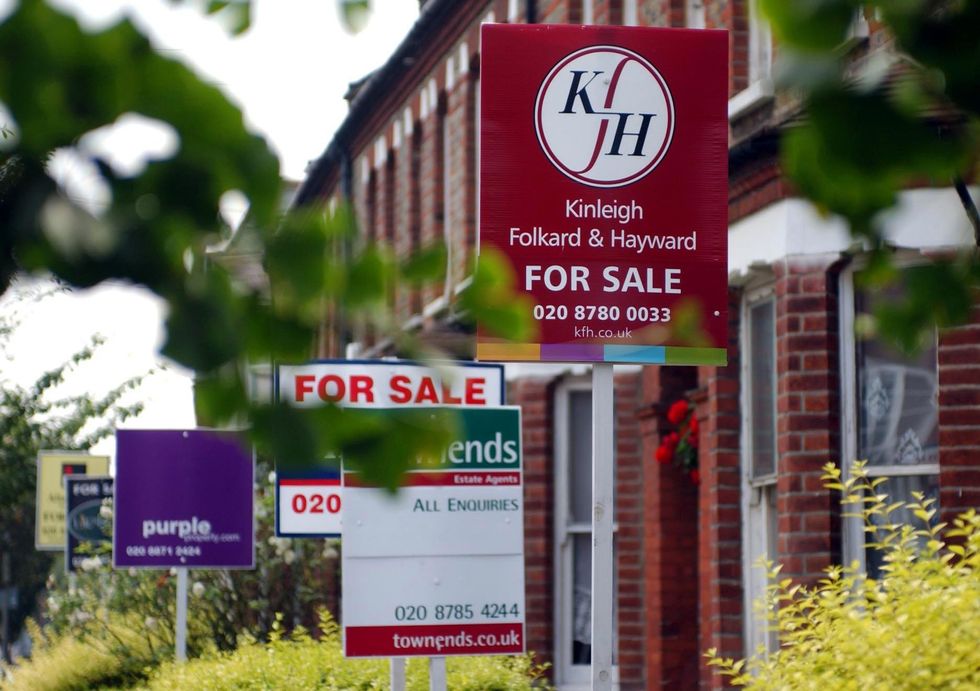
The Bank of England’s latest interest rate hikes come just days after the UK witnessed a slight dip in inflation
|PA
“While the rates continually alter on a standard variable rate mortgage, if it remained at one per cent for five years, it would cost an extra £11,600.”
The Bank of England’s latest interest rate hikes come just days after the UK witnessed a slight dip in inflation.
The Consumer Prices Index dropped from 10.4 per cent in February to 10.1 per cent in March.
Charles Ambler, partner at wealth management firm Saltus, said: “The 0.25 per cent is a significant hike and around 50 per cent of mortgages at the moment are variable.
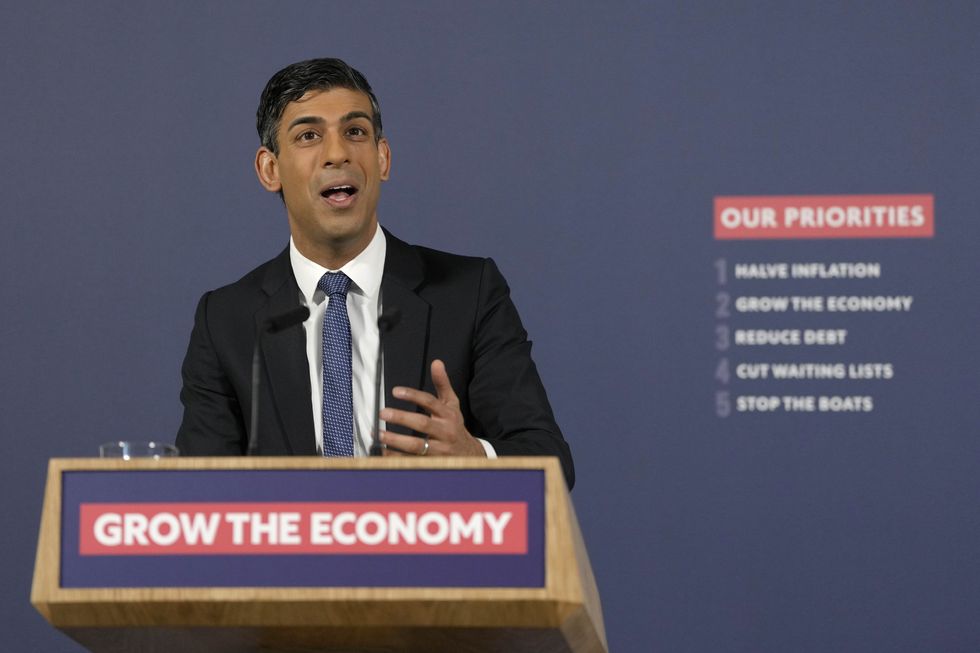
Prime Minister Rishi Sunak pledged to halve inflation by the end of the year as the cost-of-living crisis continues to rock British households
|PA
“The big fear is that there are a significant number of mortgages rolling off this year from fixed and they can go variable or fixed again…and it is a big shift from what they were fixed from to what’s available now.
“The rise will be very significant for households who will be wondering where that extra money will come from.”
Prime Minister Rishi Sunak pledged to halve inflation by the end of the year as the cost-of-living crisis continues to rock British households.
Sunak said: "Five foundations, on which to build a better future for our children and grandchildren.
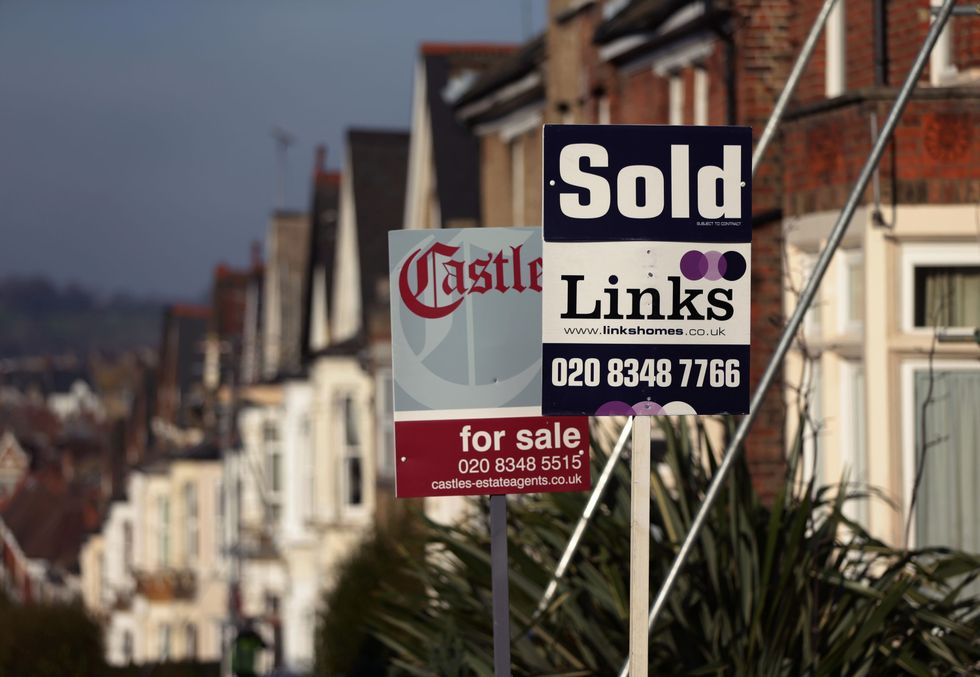 Mortgage rates risk rising after the latest inflation figures | PA
Mortgage rates risk rising after the latest inflation figures | PA"First, we will halve inflation this year to ease the cost of living and give people financial security."
But the National Institute of Economic and Social Research has warned Sunak could fall short of his target.
NIESR is forecasting a drop to 5.4 per cent by the end of 2023.





